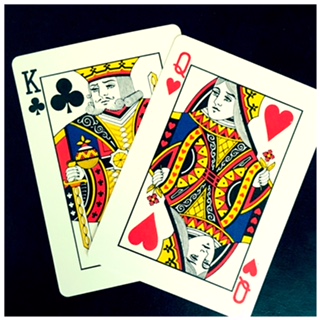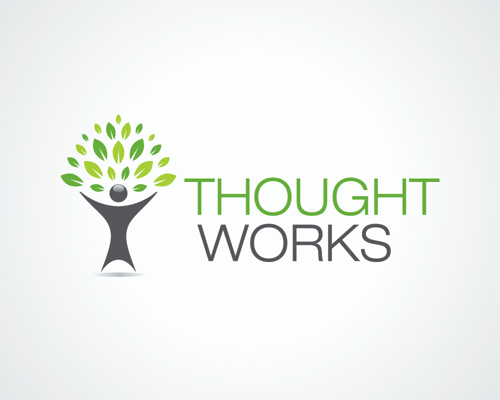The Struggle Is Real
One of our greatest freedoms is the freedom to choose. Regardless of the degree of complexity of the choices, being able to choose is a gift. As with our other freedoms, this gift comes with a cost.
In 2011, John Tierney wrote an article for the New York Times Magazine entitled Do You Suffer From Decision Fatigue? It centered around the idea that we have a finite cognitive budget and each decision we make has a physiological cost. The more choices or decisions we make, the more energy we expend (spend).
Now, it doesn’t take one of the several scientists quoted in Tierney’s article to tell us that we have more brain energy at the beginning of the day than we do at the end. You need only to sit through an all-day meeting to know that your brain can become exhausted even while your body is still.
Knowing a couple of things about how your brain functions is helpful. First, the struggle is real. Tierney writes, “No matter how rational and high-minded you try to be, you can’t make decision after decision without paying a biological price.”
Our brains are only capable of so much. After a time, they start to conserve energy by taking shortcuts in the form of reduced impulse control (yikes) or shutting down and deciding to do nothing. Intellectually, decisions that are more obvious or less complex are preferable. We don’t have to work as hard to weigh the options.
Next, breaks and chocolate help. Okay, technically, it’s glucose your brain needs, but for my money, make it chocolate. Intentional breaks allow the decision-depleted brain a chance to refresh, replenish, and revive. Translation: working through lunch…bad idea.
Last but not least, Dad always said nothing good happens after midnight. Knowing when you are biologically inclined to make less rational decisions enables you to plan accordingly.
Hmmmm. Maybe I should start writing earlier…


